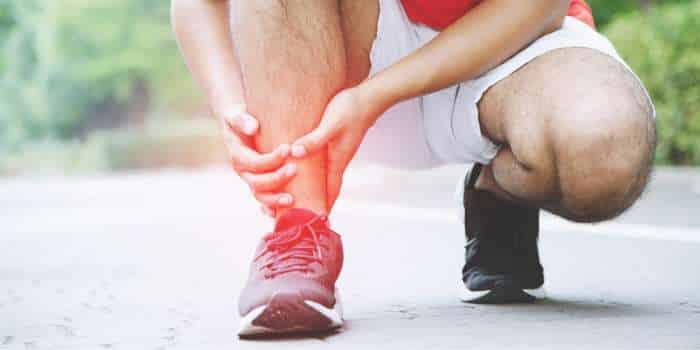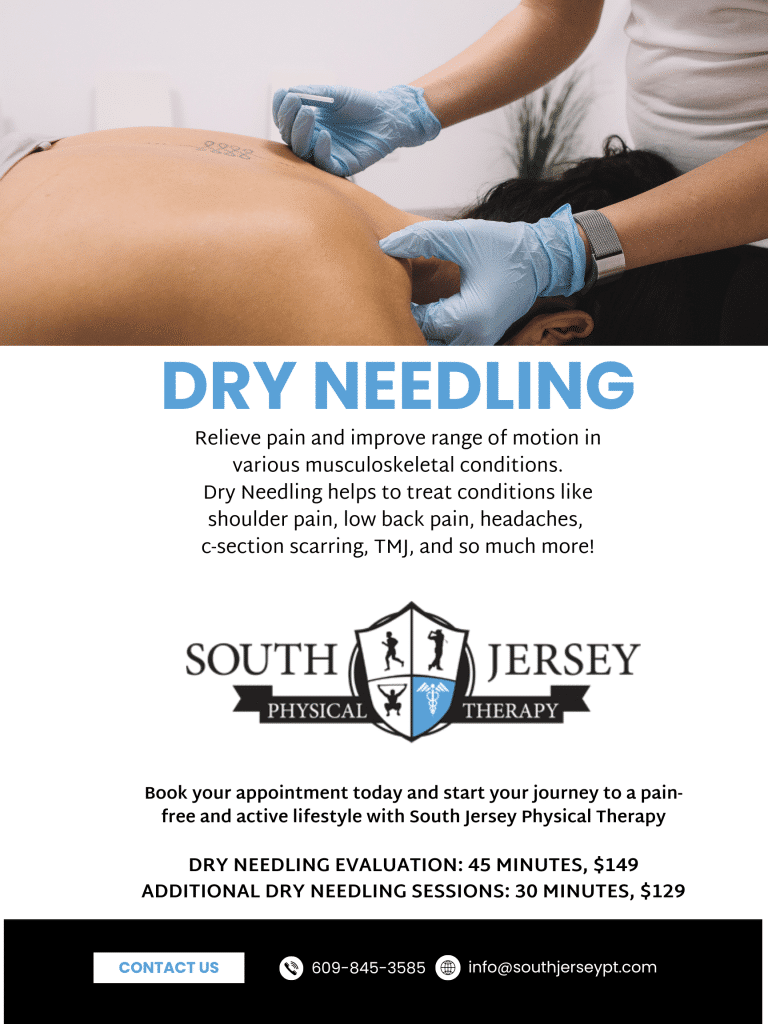Diabetic neuropathy is one of the most common yet misunderstood complications of diabetes—and for those living with it, the pain is very real. If you’ve experienced burning, tingling, or numbness in your feet or legs… or if you’ve ever hesitated before taking that first step out of bed because of the stabbing sensation underfoot—you’re not alone.
This blog breaks down what diabetic neuropathy is, how it affects your body and mind, and how natural, non-invasive care like physical therapy can make a real difference in your quality of life.
What Is Diabetic Neuropathy?
Diabetic neuropathy is a form of nerve damage caused by consistently high blood sugar levels over time. The condition develops gradually, typically affecting the nerves in your legs and feet first. As the nerves become damaged, they struggle to send the right signals between your body and brain.
That’s why one day you may feel sharp burning in your toes—and the next, nothing at all.
There are four main types of diabetic neuropathy:
- Peripheral Neuropathy (most common): Affects the feet, legs, hands, and arms.
- Autonomic Neuropathy: Impacts involuntary functions like digestion, bladder control, and heart rate.
- Proximal Neuropathy: Causes pain and weakness in the thighs, hips, or buttocks.
- Focal Neuropathy: Affects individual nerves, often causing sudden pain or weakness.
While each type presents differently, one thing remains the same—these symptoms can be overwhelming and affect nearly every part of daily life.
Symptoms to Watch For
People with diabetic neuropathy often describe the sensation as “walking on pins,” “burning from the inside out,” or “losing control of their legs.” Some notice numbness, others feel sharp shocks, and some feel nothing at all—an absence that can be just as dangerous, especially when it leads to unnoticed injuries.
Common symptoms include:
- Tingling or burning in the feet or hands
- Sharp, jabbing pain or cramps
- Increased sensitivity to touch
- Loss of balance or coordination
- Muscle weakness
- Numbness or reduced ability to feel temperature or pain
- Foot ulcers or infections
- Difficulty sleeping due to pain
These symptoms often intensify at night, robbing you of restful sleep and leaving you exhausted the next day.
The Emotional Toll of Neuropathy
Living with neuropathy isn’t just physically draining—it’s emotionally exhausting, too. Many patients share the same fears:
- “I’m losing my independence.”
- “I’m scared to go out in case I fall.”
- “I can’t enjoy my grandkids the way I used to.”
- “I don’t feel like myself anymore.”
The frustration of not being able to do the things you used to love—walking the dog, gardening, cooking, or even standing long enough to take a shower—can lead to anxiety, depression, and a deep sense of isolation.
But here’s the truth: you don’t have to accept this as your “new normal.”
How Physical Therapy Helps Neuropathy—Without Pills or Surgery
the root cause. And surgery is rarely recommended unless there’s severe damage or another underlying issue.
That’s where physical therapy comes in—a natural, research-backed way to improve nerve function, reduce symptoms, and help you feel more in control of your life again.
What Can Physical Therapy Do?
Improve Circulation Better blood flow helps nourish damaged nerves and promote healing. Therapists use targeted exercises, manual therapy, and modalities like heat therapy or electrical stimulation to stimulate circulation.
Restore Sensation and Balance Through balance training, sensory re-education, and proprioceptive exercises, PT helps you retrain your nervous system to better interpret and respond to sensory input—reducing fall risk and improving confidence on your feet.
Build Strength and Mobility Weakness in the legs and feet is common with neuropathy. PT focuses on strengthening your lower limbs, improving posture, and restoring safe, confident movement.
Relieve Pain Naturally Techniques like dry needling, soft tissue mobilization, nerve gliding, and gentle stretching can reduce tension and inflammation, helping to relieve pain without medication.
Custom Home Exercise Programs You’ll be given simple, effective exercises you can do at home to reinforce progress between visits—tailored to your needs, not a one-size-fits-all approach.
What If It’s Been Years?
It’s never too late to start healing.
We work with patients at every stage—from those newly diagnosed to those who’ve been told “nothing more can be done.” Even if you’ve tried physical therapy before, a second opinion from a specialist in neuropathy care can make all the difference.
You deserve care that focuses on you—your goals, your pain, your progress.
Take the First Step: Book a FREE Discovery Visit
If you’re dealing with diabetic neuropathy—or even if you’re not sure yet but experiencing symptoms—it’s time to take action. At South Jersey Physical Therapy, we offer a FREE Discovery Visit designed to help you understand what’s going on, what can be done, and how we can help—no pressure, no commitment, just answers.
You’ll get:
- A one-on-one consultation with a specialist
- A personalized movement and sensation assessment
- Clear recommendations for next steps
- Real hope that change is possible
Call us at (609) 845-3585 to schedule your FREE Consultation today!
Conclusion
Neuropathy is real. The symptoms are real. The frustration, the fear, the fatigue—it’s all valid. But so is your ability to get better.
You don’t have to rely on pills. You don’t have to live in fear of falling. You don’t have to suffer in silence.
Whether your goal is to walk the boardwalk without pain, keep up with your grandkids, or just sleep soundly again—there is help available.
If you’re struggling with neuropathy or nerve pain, don’t wait for the condition to worsen. Contact South Jersey Physical Therapy today to schedule a free consultation.
Our expert team will develop a personalized treatment plan to help you regain mobility and live pain-free.
Call us now (609) 845-3585 at or book your appointment online!
For more free advice read our blogs!



